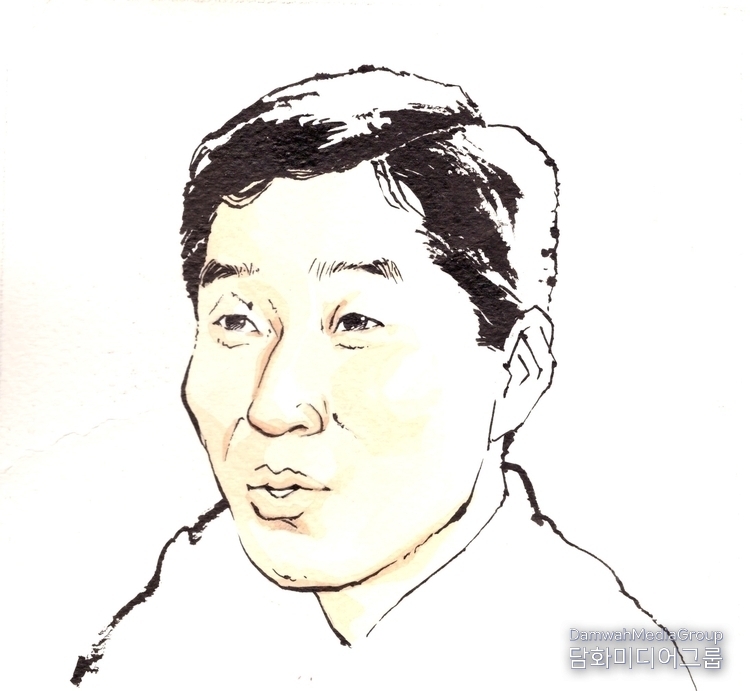By Damwha with Special Feature Editor Hensyc Rhee
The Martial Law is 'force' while the Enlightment Order is a 'consciousness reform' measure.
When we hear the news these days, we often come across an word 'Mrtial Law,' but an 'Enlightenment Order' may sound a sort of unfamiliar. However, when we look at the Chinese characters, '戒嚴令' and '啓蒙令,' we find them to have similar forms, which makes one feel confused. However, the meaning is completely different from each other.

The Martial Law refers to an emergency measure taken by the military to directly control the country when it is in a state of chaos. It is declared when the government's functions are in danger of being paralyzed due to war, civil war, or large-scale protests, and the military is in charge of public security, and freedom of speech, publication, and assembly activities are restricted, and even the movement of the people is controlled.
A representative example is the case of the New Military Government of Korea (Singunbu) expanding martial law in Gwangju during the May 18 Democratization Movement in 1980 and deploying the military.
On the other hand, enlightenment laws are government policies designed to change the perception of the people. They are implemented to educate or reform the people, and a representative example is the 'Short Hair Order' in the late Joseon Dynasty. At that time, the government forced people to “cut their topknots and wear Western-style hair,” and during the Japanese colonial period, Japan pursued a policy of imperialization that forced Koreans to use Japanese and assimilate into Japanese culture. This can be seen as an enlightenment policy accompanied by coercion.
In the history of the Republic of Korea, a total of 17 martial laws were declared, of which 13 were emergency martial laws. The main cases are as follows:
On October 19, 1948, martial law was first declared due to the Yeosu-Suncheon Incident.
On June 25, 1950, martial law was declared nationwide due to the outbreak of the Korean War.
On May 16, 1961, martial law was declared due to the May 16 Military Coup.
On October 17, 1972, martial law was declared due to the October Yushin.
On October 26, 1979, martial law was declared after the assassination of President Park Chung-hee.
On May 17, 1980, martial law was expanded nationwide during the May 18 Democratization Movement.
Most recently, on December 3, 2024, President Yoon Seok-yeol declared martial law, but it was lifted after the National Assembly passed a resolution to lift it in about 6 hours.
On the other hand, it is difficult to find an official case where the term ‘enlightenment law’ was used. Enlightenment is a concept that encompasses various policies and campaigns implemented by the government to change the consciousness of the people. Although the Enlightenment Act was not declared at a specific time, various enlightenment policies were promoted according to the flow of the times.
In particular, the Imperialization Policy during the Japanese colonial period can be seen as a representative enlightenment policy. Japan enforced the use of Japanese, worshipped at Shinto shrines, and changed Korean names to Japanese in order to assimilate Koreans into Japanese citizens. These policies can be said to have the nature of forced enlightenment in that they aimed to reform the people's ideology.
Martial law and enlightenment are both ways in which the state influences the people, but they are essentially different in that one is a measure to maintain order based on coercion, while the other is a policy to seek change through education and persuasion.
